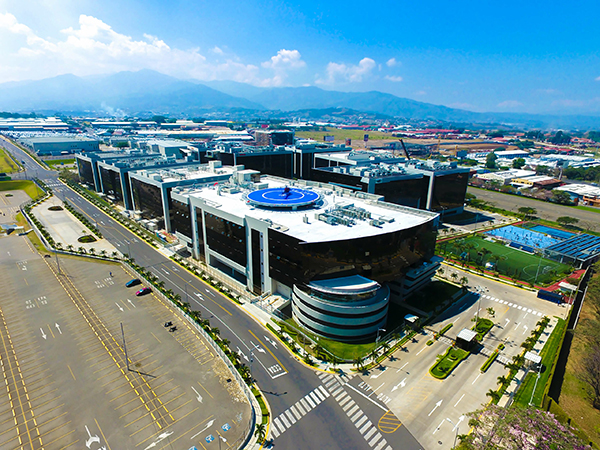Free Zones have proven to be a vital economic driver for Costa Rica, as confirmed by the 2018-2022 Procomer report. Let’s delve into some key data to better understand their impact on the national economy.
Growth in the Number of Companies in the Free Zone Regime (RZF)
The report reveals a solid growth in the number of companies operating in Free Zones. The growth between 2021 and 2022 was 8.25%. This increase reflects the growing attractiveness of these areas for local and foreign investors, promoting economic diversification and dynamism.
Diversity of Activities within the Free Zone Regime
The main activities in the Free Zones are 51% services, 10% medical precision equipment, and 6% food-related industries. Activities such as electrical and electronics, metal mechanics, and plastics and rubber represent less than 5%.
Within the 51% of services, the software and knowledge industries stand out, with the main activities being: 23% in shared services, 20% service outsourcing, 12% software engineering, and 8% business and systems consulting.
These and other activities within the free zone regime contributed a total of $10,145 million in 2022, representing 15% of Costa Rica’s GDP.
Quality of Employment
In addition to their economic impact, Free Zones also stand out for offering quality employment. In 2022, they generated 247,941 total jobs, with an average salary 1.5 times higher compared to the national private sector. This not only drives economic development but also improves the quality of life for workers and their families, as well as development opportunities within Costa Rica.
Impact on Local Suppliers
In 2022, companies within the free zone regime made purchases from local suppliers totaling $5,017 million, generating a multiplier effect on the local economy and smaller businesses.
In summary, the data from Procomer’s report confirms the fundamental role that Free Zones play in Costa Rica’s economic development. With solid business growth, a diversity of activities, a significant contribution to the national GDP, and a commitment to quality employment, these areas continue to be a key pillar for the country’s progress and prosperity.
If you have a company and wish to receive information about the requirements and benefits of the regime, or if you are interested in taking the next step and would like more information and advice on the free zone regime, contact ERP Lawyers.





